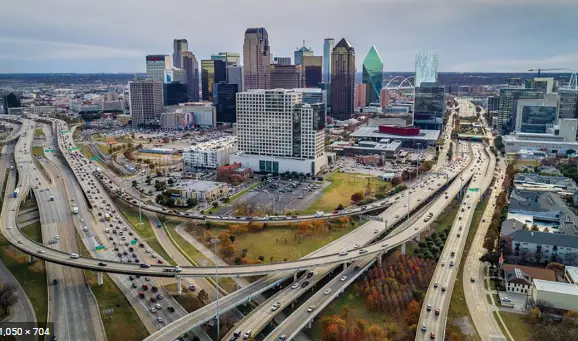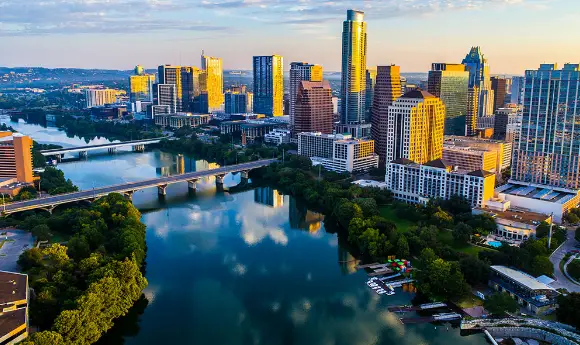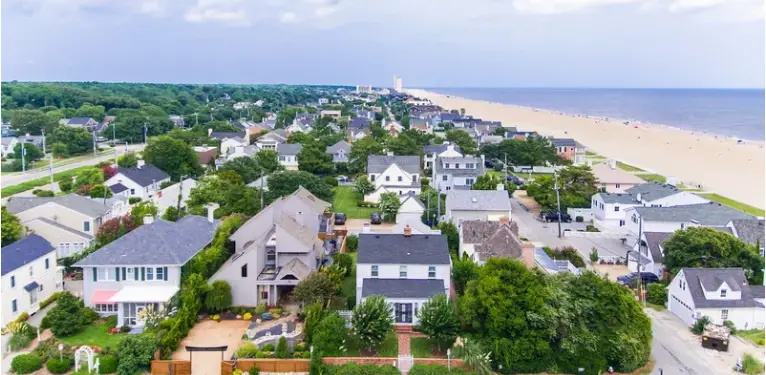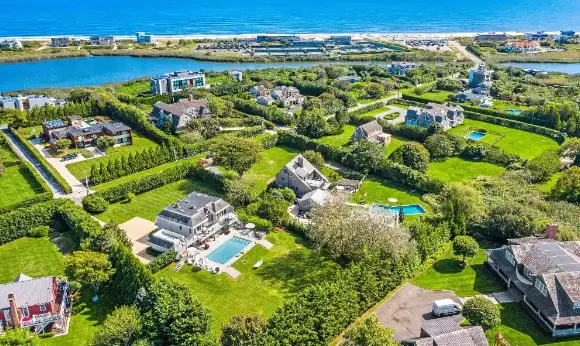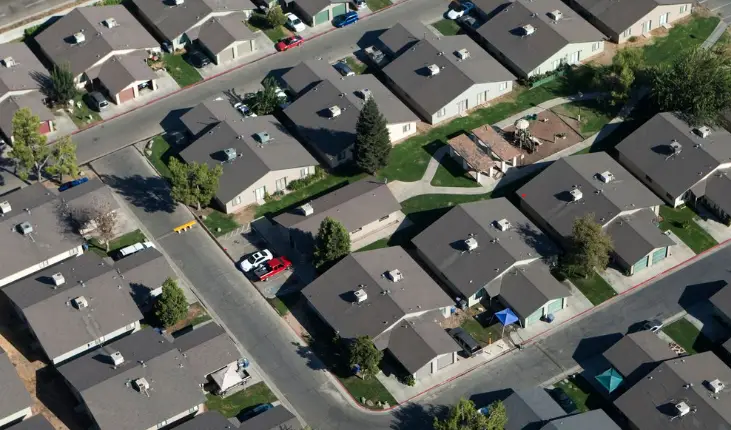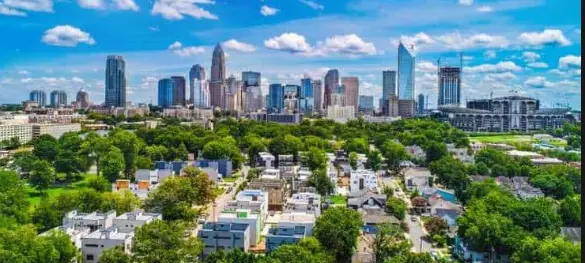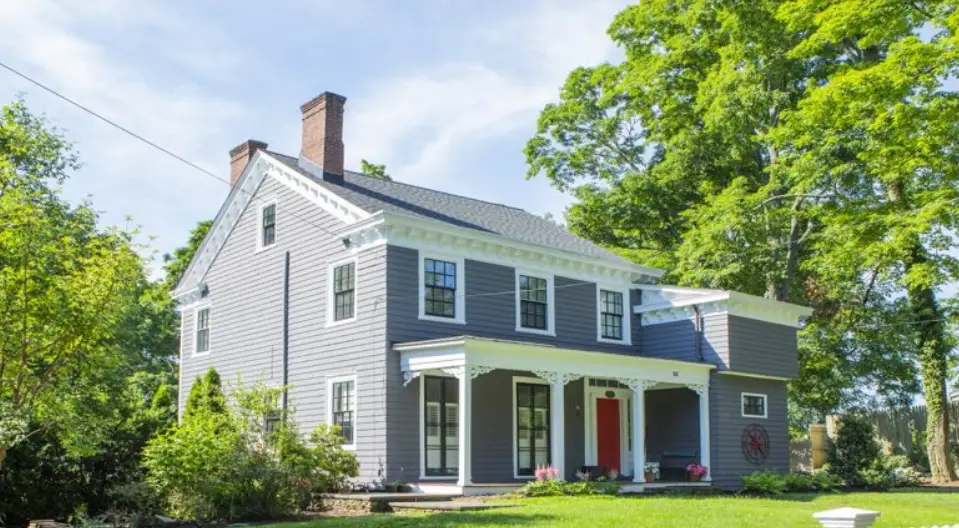Is fayetteville nc a good place to live?
Fayetteville, North Carolina is a great place to live for many reasons. The cost of living is relatively low, there are plenty of things to do in the area, and the climate is mild. The cost of living in Fayetteville is lower than the national average, making it a great place to live for those on a budget. There are plenty of things to do in the area, from hiking and biking trails to museums and art galleries. The climate is mild, with average temperatures in the mid-70s in the summer and the mid-50s in the winter. Overall, Fayetteville is a great place to live for those who want to save money, enjoy the outdoors, and experience a mild climate.
Is Fayetteville North Carolina a safe place to live?
Fayetteville is a city in North Carolina with a population of just over 200,000 people. The crime rate in Fayetteville is higher than the national average, but there are still many safe neighborhoods in the city. The overall violent crime rate in Fayetteville is 4.4 per 1,000 residents, which is higher than the national average of 3.7. However, when looking at specific types of crime, the rates in Fayetteville are lower than the national averages for murder, rape, robbery, and aggravated assault.
There are a number of factors that contribute to the safety of a city, and Fayetteville has many things going for it. The city has a low unemployment rate, a high median income, and a large number of residents with a college education. Additionally, the Fayetteville Police Department is accredited by the Commission on Accreditation for Law Enforcement Agencies. This means that the department has met or exceeded a set of standards for professionalism and effectiveness.
Is Fayetteville good place to live?
Fayetteville is a great place to live for a number of reasons. First, it is a college town, which means there are always things to do. Second, the cost of living is relatively low. Third, the town is located in the Ozarks, which provides a beautiful setting. Finally, Fayetteville is a friendly and welcoming community.
What is the crime rate in Fayetteville NC?
Fayetteville is located in Cumberland County, North Carolina. The crime rate in Fayetteville is 46% higher than the national average, making it one of the most dangerous cities in the United States. There were 1,964 violent crimes per 100,000 residents in Fayetteville in 2016, compared to the national average of 386 violent crimes per 100,000 people. Property crime is also a major problem in Fayetteville, with a rate of 3,362 per 100,000 residents, compared to the national average of 2,451 property crimes per 100,000 people.
What is Fayetteville North Carolina known for?
Fayetteville is a city located in Cumberland County, North Carolina, United States. As of the 2010 census, the city had a total population of 200,564. It is the county seat of Cumberland County, and is best known as the home of Fort Bragg, a major U.S. Army installation northwest of the city. Fayetteville is also home to a number of historical landmarks, such as the Airborne & Special Operations Museum, the Museum of the Cape Fear Historical Society, and the Market House. The city is also host to a number of annual events, such as the Dogwood Festival and the Cumberland County Fair.
How far is Fayetteville NC from the beach?
Fayetteville is about four hours from the beach. The drive is mostly through coastal plains, with some farmland and small towns along the way. The scenery is pretty, but not as varied as what you’ll find closer to the coast. The beaches in North Carolina are some of the best in the country, so it’s definitely worth the drive.
What is the racial makeup of Fayetteville North Carolina?
Fayetteville is located in Cumberland County, North Carolina. As of the 2010 census, the city had a total population of 200,564, with an estimated population of 210,263 in 2018. The racial makeup of the city was 54.0% African American, 37.6% White, 3.6% Hispanic or Latino, 2.5% Asian, 0.3% Native American, and 0.1% Pacific Islander.
Is Fayetteville North Carolina nice?
Fayetteville is a city located in Cumberland County, North Carolina, United States. As of the 2010 census, the city had a total population of 200,564. It is the county seat of Cumberland County, and is best known as the home of Fort Bragg, a major U.S. Army installation. Fayetteville is a city located in the southeastern part of the state of North Carolina, in the United States. It is the county seat of Cumberland County, and is best known as the home of Fort Bragg, a major U.S. Army installation. The city has a total population of 200,564, as of the 2010 census. Fayetteville is located in the Sandhills region of North Carolina, and is situated on the Cape Fear River. The city has a humid subtropical climate, with hot, humid summers and mild winters.
Fayetteville is home to a number of attractions, including the Airborne & Special Operations Museum, the Museum of the Cape Fear Historical Society, the Cape Fear Botanical Garden, and the Cumberland County Veterans Memorial. The city also hosts the Fayetteville Dogwood Festival, an annual event which celebrates the city’s history and culture. Overall, Fayetteville is a great place to live, work, and raise a family. There is a strong sense of community, and the city offers a variety of amenities and activities to residents and visitors alike.
Where should I live in Fayetteville?
There is no definitive answer to this question as it depends on a variety of factors including budget, lifestyle, and preferences. However, here are a few popular neighborhoods in Fayetteville that may be a good fit for you: Downtown: Downtown Fayetteville is a vibrant and historic area with a variety of shops, restaurants, and entertainment options. It is also home to the University of Arkansas, making it a great place for students and young professionals. West Fayetteville: West Fayetteville is a growing area with new construction and development. It is home to the Fayetteville Naturals baseball team and the University of Arkansas Global Campus. East Fayetteville: East Fayetteville is a quiet and scenic area with a small-town feel. It is home to Lake Fayetteville, a popular spot for fishing, swimming, and hiking.
How much does it cost to live in Fayetteville North Carolina?
The cost of living in Fayetteville, North Carolina is relatively affordable when compared to other cities in the United States. The average cost of a one-bedroom apartment in Fayetteville is $650 per month, and the average cost of a three-bedroom apartment is $950 per month. The average cost of groceries in Fayetteville is $300 per month, and the average cost of utilities is $200 per month. The average cost of transportation in Fayetteville is $100 per month. The total average cost of living in Fayetteville, North Carolina is $1,500 per month.
What is the safest city to live in North Carolina?
There is no definitive answer to this question as it depends on a variety of factors, including personal preferences and opinions. However, based on various metrics, some cities in North Carolina that may be considered relatively safe include Raleigh, Durham, Chapel Hill, and Cary. These cities generally have low crime rates and high levels of public safety. Additionally, they offer a variety of amenities and activities that can make living there enjoyable.
Does it snow in Fayetteville North Carolina?
Fayetteville, North Carolina does not generally experience snowfall. The last time the city saw measurable snowfall was on December 9, 2010, when 2.5 inches (6.4 cm) of snow fell. The city’s record snowfall is 12.5 inches (32 cm), which fell on February 13-14, 2010.
How safe is Asheville NC?
There is no definitive answer to this question as it depends on a variety of factors, including one’s personal definition of “safe.” However, Asheville has generally been considered a safe place to live and visit. The city has a lower crime rate than many other places in the United States, and its residents generally feel safe walking around at night. There are also a number of steps that the city has taken to improve safety, such as increasing police presence in certain areas and working to reduce homelessness.

